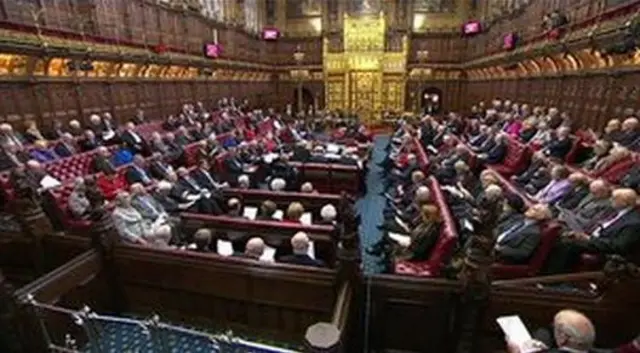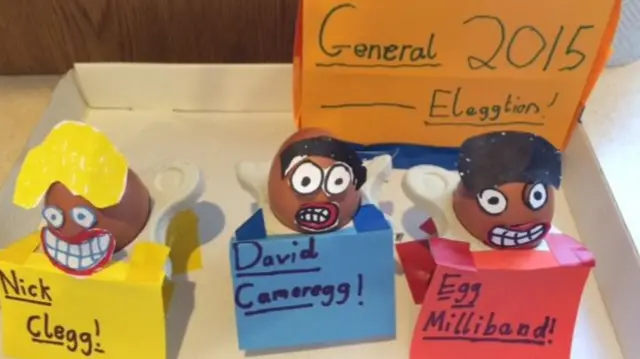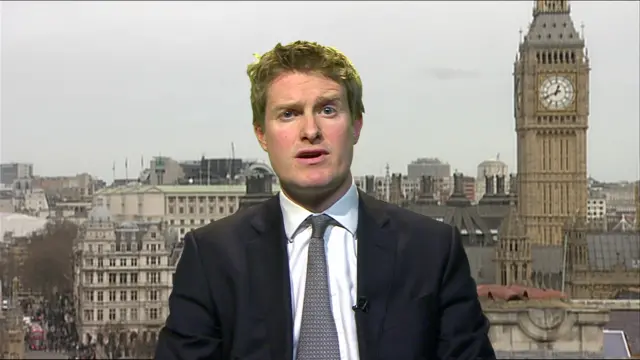Peer pressurepublished at 14:57

Stepping away from all things debate-related for a moment, Baroness D'Souza, the Speaker of the House of Lords, has penned an article for the Telegraph, external in which she says peers shouldn't be reluctant to resign.
It's only recently been the case that members of the Lords have been able to retire, and so far just 20 have chosen to do so; most recently high-profile Conservative peer-turned pollster Lord Ashcroft.
Lady D'Souza says retirement should be seen as "a condition of membership...a duty as well as a right".




